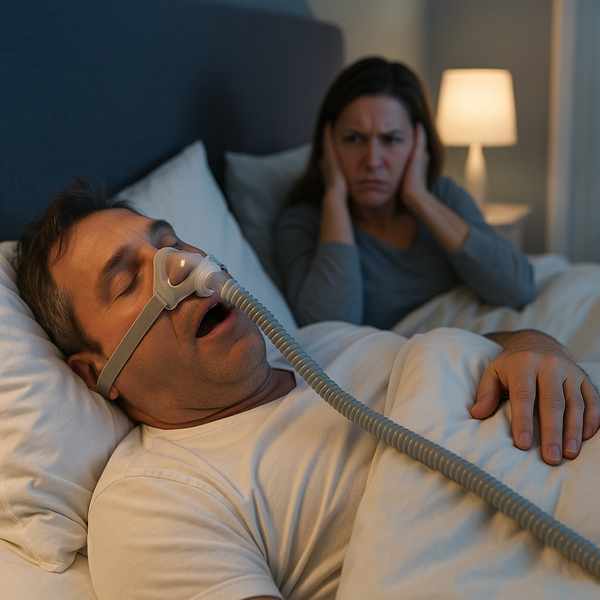Does Losing Weight Help with Sleep Apnea?
Does Losing Weight Help with Sleep Apnea?
Blog Article

Sleep apnea is a potentially dangerous sleep disorder that affects breathing during rest.
While not always a complete cure, weight loss often reduces the severity of sleep apnea significantly.
Understanding Sleep Apnea
The most common form is obstructive sleep apnea (OSA), caused by relaxed throat muscles.
Common symptoms include:
- Often reported by sleep partners
- Choking or gasping during sleep
- Difficulty staying alert during the day
- Signs of disrupted oxygen flow
The Link Between Weight and Sleep Apnea
Fat deposits in the throat may narrow the airway, making it more likely to collapse.
Key risk factors include:
- More weight increases OSA risk
- Narrows the airway path
- Poor muscle tone in the throat
Does Losing Weight Help OSA?
In many cases, losing weight can dramatically reduce or eliminate sleep apnea symptoms.
Possible benefits of weight loss:
- Less airway obstruction
- Better oxygen flow
- More natural treatment options
- Feel more rested and alert
However, sleep apnea weight gain weight loss may not cure sleep apnea in all cases — especially if anatomical issues or severe OSA are present.
Realistic Expectations
Studies show that losing just 10% of body weight can reduce OSA severity by up to 50%.
Tips:
- Start with small, achievable goals
- Combine diet and exercise
- Track your sleep changes
Lifestyle Changes That Help
Effective strategies:
- Limit sugar and processed carbs
- Boosts metabolism and burns fat
- Sleep on your side
- Avoid alcohol and sedatives
Working with a nutritionist or sleep specialist can provide more personalized support.
Other Treatments Besides Weight Loss
While weight loss is helpful, it may not fully resolve sleep apnea for everyone.
- CPAP therapy (Continuous Positive Airway Pressure)
- Oral appliances
- Surgery in severe cases
Conclusion
For those whose apnea is linked to weight, shedding pounds is often a powerful, non-invasive solution.
Still, sleep apnea is a medical condition that may require combined treatments. Report this page